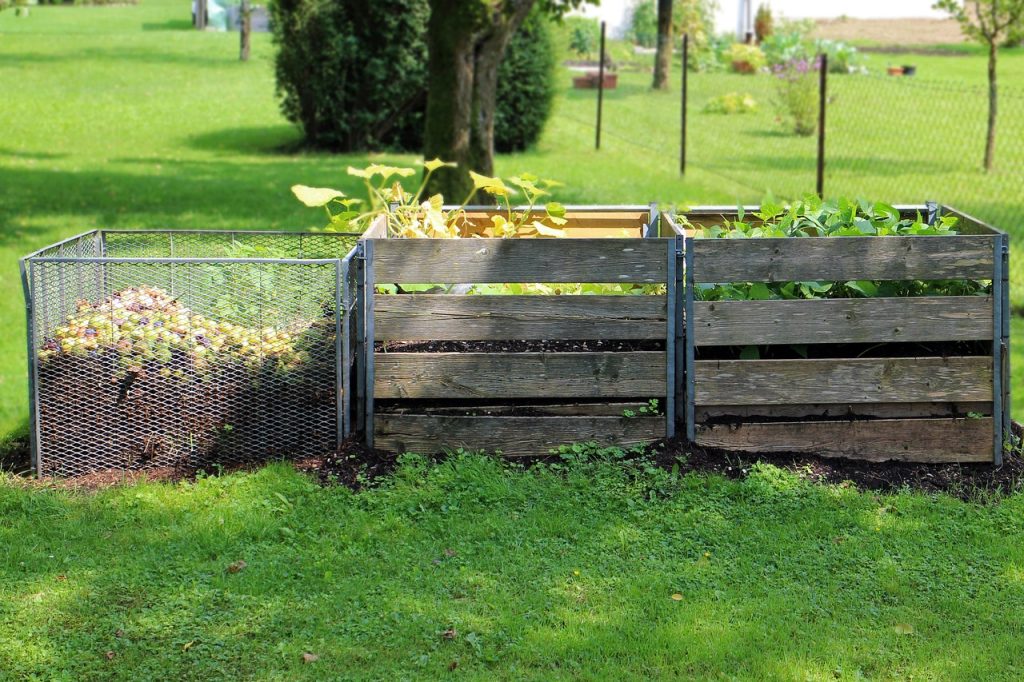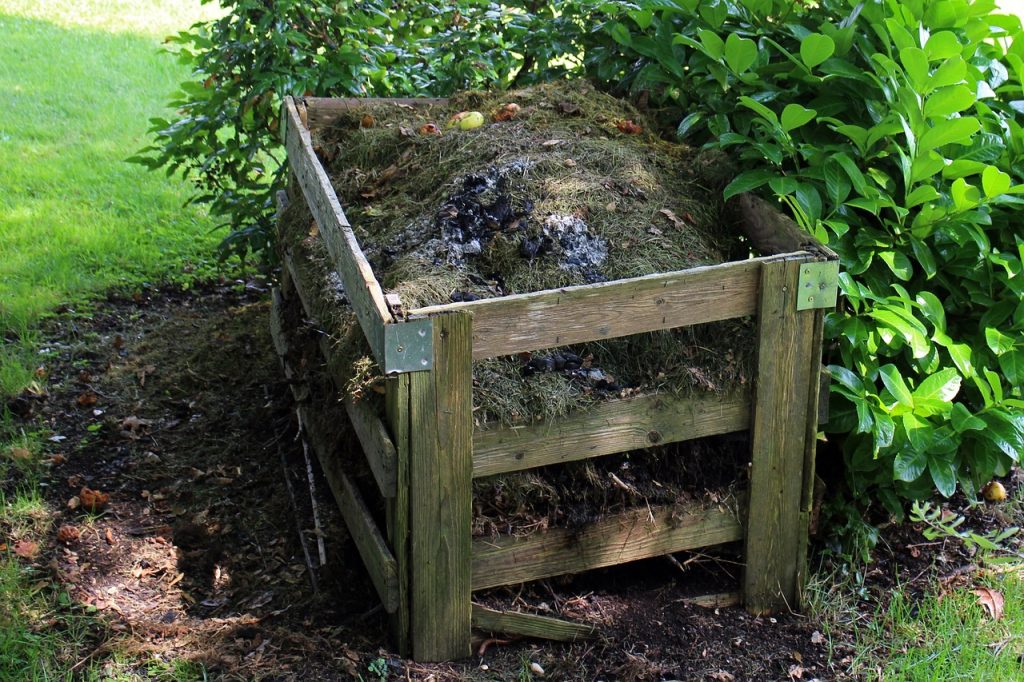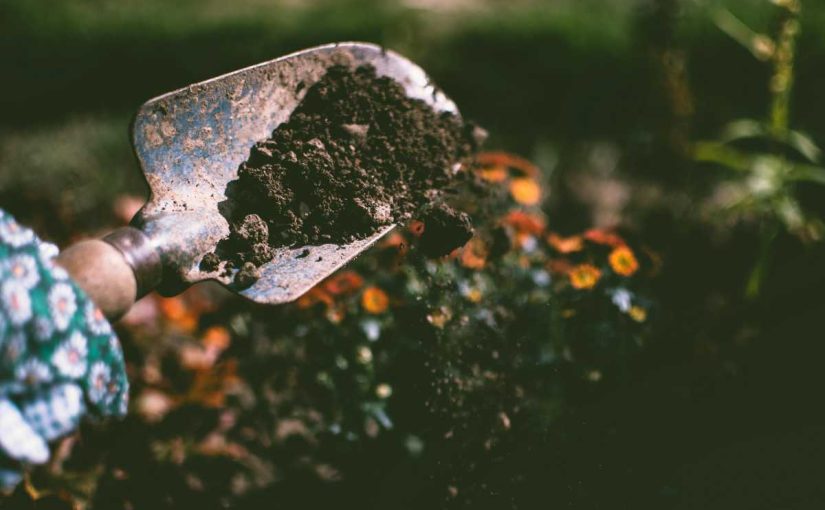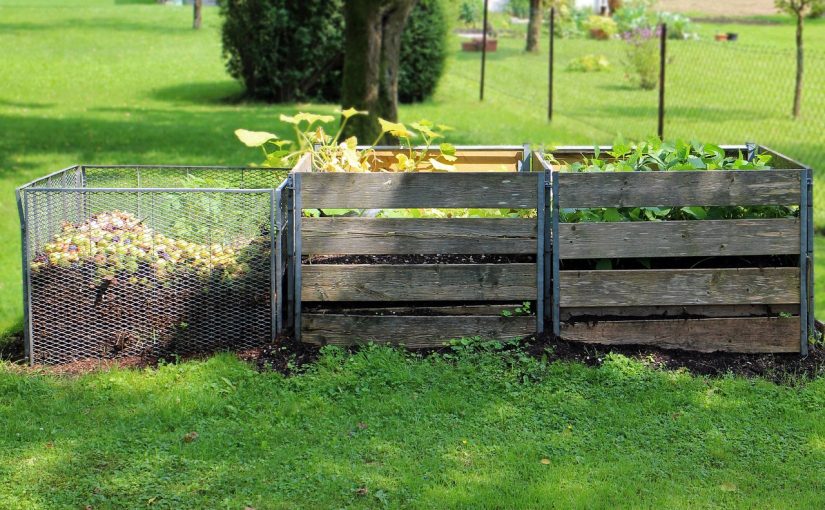Composting is an excellent way to recycle organic waste, enrich your garden soil, and reduce your carbon footprint. However, sometimes the process can feel slow, especially when you’re eager to use the finished compost in your garden. While composting typically takes a few months, there are several strategies you can use to accelerate the decomposition process and produce nutrient-rich compost more quickly. Here are nine tips to help speed up your composting efforts.
1. Maintain the Right Carbon-to-Nitrogen Ratio
Why It Matters:
A balanced carbon-to-nitrogen (C) ratio is crucial for efficient decomposition. Carbon-rich materials, like leaves and straw, provide energy for microorganisms, while nitrogen-rich materials, like food scraps and grass clippings, fuel microbial growth.
Tip:
Aim for a ratio of about 30:1 (30 parts carbon to 1 part nitrogen). If you notice your compost is not decomposing fast enough, try adding more green (nitrogen) materials. On the other hand, if your pile is too wet or smelly, you likely need to add more brown (carbon) materials.
2. Chop or Shred Materials Before Adding Them
Why It Matters:
Smaller pieces decompose faster because they have more surface area exposed to microbes, speeding up the process. Large chunks of organic matter, like whole branches or large fruit scraps, can slow down the breakdown.
Tip:
Chop, shred, or tear your compost materials into smaller pieces before adding them to your pile or bin. The finer the materials, the faster they will break down.
3. Keep Your Pile Moist
Why It Matters:
Moisture is essential for microbial activity, which is responsible for breaking down organic materials. A dry compost pile will slow down the decomposition process.
Tip:
Your compost should feel like a damp sponge. If it’s too dry, add water or more green materials. If it’s too wet, mix in more brown materials, like dry leaves, to absorb the moisture. Turning the pile regularly also helps distribute moisture evenly.
4. Turn the Pile Frequently
Why It Matters:
Turning your compost pile regularly adds oxygen to the mixture, which is crucial for aerobic decomposition. Without enough oxygen, your pile will become anaerobic, resulting in slow decomposition and unpleasant odors.
Tip:
Turn your compost every 3 to 4 weeks to ensure proper aeration. This will help keep the microbes thriving and speed up the decomposition process.
5. Use a Compost Accelerator
Why It Matters:
Compost accelerators are products that contain added microorganisms to speed up the breakdown of organic materials. They can help jumpstart the process, especially if your pile is struggling to decompose.
Tip:
If you want to speed things up, consider adding a compost accelerator to your pile. You can buy commercial accelerators or make your own by adding compost or soil from an existing compost pile to introduce more microbes.
6. Maintain the Right Size for Your Pile
Why It Matters:
A compost pile that is too small won’t generate enough heat to break down materials quickly, while one that is too large can be difficult to turn and manage. Maintaining the right size ensures that your pile stays hot enough for efficient composting.
Tip:
Aim for a compost pile that is at least 3 feet by 3 feet by 3 feet (1 cubic yard) in size. This size is large enough to generate heat and facilitate the decomposition process but small enough to manage and turn regularly.

7. Add Worms to Your Pile (Vermicomposting)
Why It Matters:
Worms are nature’s decomposers. They break down organic matter quickly and their waste (castings) is rich in nutrients. Adding worms to your compost can speed up the process significantly.
Tip:
To introduce worms, either add a worm bin to your composting system or mix worms directly into your pile. Red wigglers are the best worms for composting, as they thrive in organic matter and are great for aerating the compost.
8. Keep the Temperature High
Why It Matters:
Decomposition is faster at higher temperatures. If your compost pile gets too cold, microbial activity slows down, and the composting process takes longer.
Tip:
To maintain a high temperature (around 130-160°F or 54-71°C), ensure your compost pile is large enough and consistently turn it. If needed, insulate your pile with a compost cover or tarp to keep the heat in.
9. Use a Composting Tumbler
Why It Matters:
Composting tumblers are sealed containers that you can rotate to turn the pile easily. They help keep the pile contained and allow you to mix it with minimal effort, making it easier to maintain the right moisture and aeration.
Tip:
If you’re short on time or want a more hands-off composting process, consider using a composting tumbler. It will speed up the decomposition process by providing regular aeration and promoting faster breakdown of materials.
Conclusion
By following these nine tips, you can significantly speed up the composting process, creating nutrient-rich compost for your garden in less time. A little attention to detail, such as maintaining the right balance of materials, turning your pile regularly, and ensuring proper moisture levels, will go a long way in making your composting efforts more efficient. Whether you’re composting to reduce waste, enrich your soil, or support your sustainability goals, these simple strategies will help you achieve a faster and more successful composting process.




